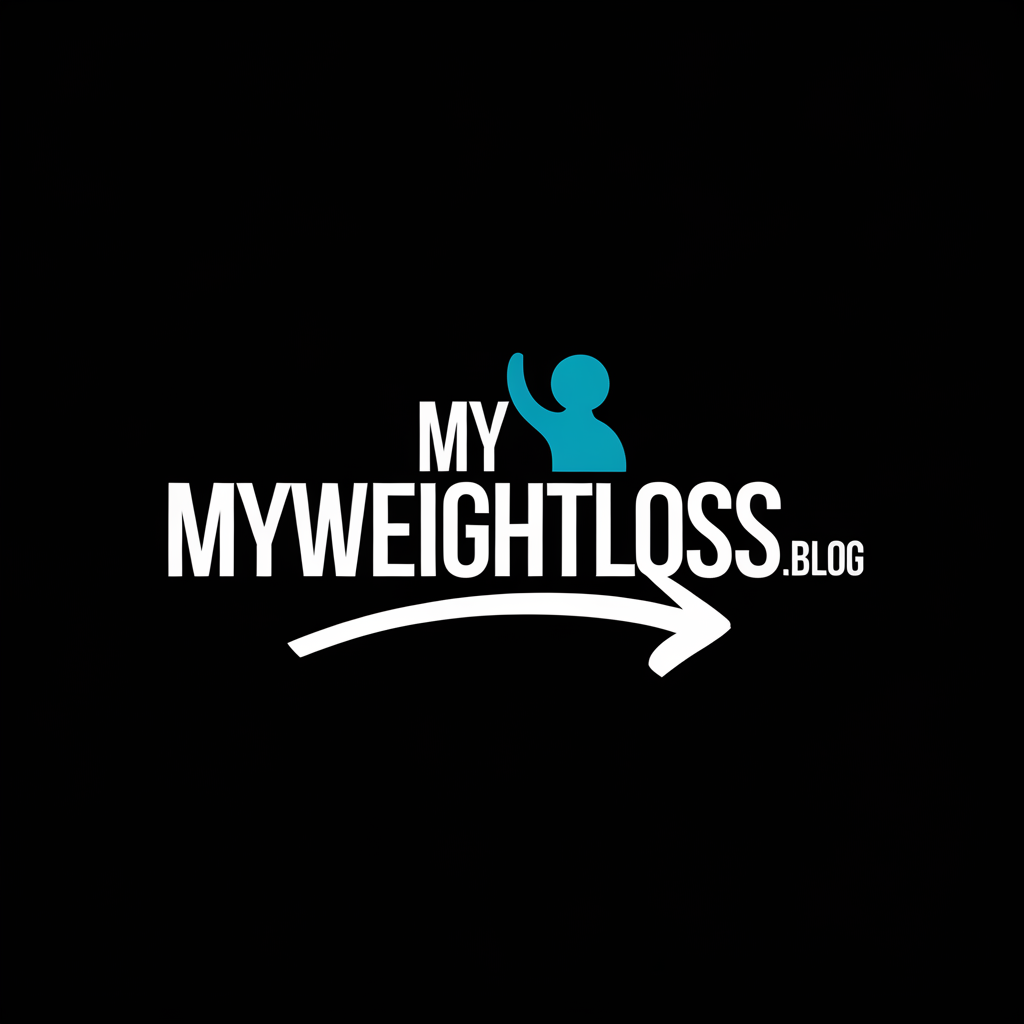This New Diet Plan Is Going Viral – but Is It Safe.
You’ve probably seen this trending diet plan promising dramatic weight loss through a unique calorie-cycling method. Before you jump on the bandwagon, there’s more to consider than the enticing before-and-after photos flooding your social media feed. While some dieters report impressive results, healthcare professionals are raising red flags about potential risks that could impact your well-being. Let’s examine what makes this diet different and why medical experts are concerned.
What Is the Viral Diet Plan and How Does It Work
While social media trends come and go, the Viral Diet Plan has gained massive attention for its promise of rapid weight loss through strict calorie cycling. This new viral diet plan alternates between extremely low-calorie days and moderate-calorie days to supposedly shock your metabolism into burning fat more efficiently.
You’ll follow a specific pattern: three days of consuming just 500-600 calories, followed by four days of eating 1,500-1,800 calories. The plan claims this variation prevents your body from adapting to a consistently low caloric intake.
During low-calorie days, you’re limited to lean proteins and vegetables, while moderate days allow for more food variety. However, it’s important to note that such drastic calorie reduction can lead to nutritional deficiencies and potentially harmful health effects.
The diet’s creators say you can expect to lose 10-15 pounds in the first month. They recommend combining the plan with light exercise and staying hydrated throughout the process to maximize results and maintain energy levels.
Health Claims and Scientific Research Behind the Diet
The bold promises of the Viral Diet Plan warrant closer examination through a scientific lens. While proponents claim dramatic weight loss results through its combination of time-restricted eating and specific food combinations, current research offers mixed support for these assertions.
You’ll find some scientific backing for the diet’s emphasis on intermittent fasting, as studies show it may help regulate blood sugar and support weight management.
However, the diet’s strict rules about food pairing lack substantial scientific evidence. Research doesn’t support claims that certain food combinations enhance fat burning or boost metabolism.
What you should know is that while some participants report success, these results likely stem from overall calorie reduction rather than the specific food combinations.
The diet’s core principles of portion control and whole food consumption align with established nutrition science, but its more exotic claims remain unproven. Additionally, the benefits of intermittent fasting can provide a framework for individuals looking to lose weight sustainably.
Before starting, you’ll want to consult healthcare professionals who can evaluate whether it’s right for you.
Potential Risks and Safety Concerns
Despite its popularity on social media, the Viral Diet Plan poses several health risks that you should carefully consider. The diet’s extreme calorie restriction can lead to nutritional deficiencies, muscle loss, and a weakened immune system.
You’re also likely to experience fatigue, mood swings, and difficulty concentrating.
Like many of your fellow health-conscious friends, you might be tempted by the diet’s promises of quick results. However, medical experts warn that its rapid weight loss approach can trigger gallstones and metabolic changes.
The diet’s strict elimination of entire food groups puts you at risk for deficiencies in essential vitamins and minerals that your body needs.
Most concerning is the diet’s one-size-fits-all approach, which doesn’t account for your unique medical history, lifestyle, or nutritional needs. Additionally, adopting sustainable changes can promote long-term health and well-being.
If you’re considering this diet, you’ll want to consult with your healthcare provider first to protect your long-term health.
Medical Expert Analysis and Professional Opinions
You’re not alone in wondering what trusted experts think.
The American Dietetic Association has joined other prominent medical organizations in expressing concern about this trend. They’ve highlighted how the plan contradicts evidence-based nutrition guidelines and could lead to nutritional deficiencies.
Many doctors report seeing patients with complications from following similar viral diets. Instead, they recommend you work with qualified healthcare providers who can create personalized eating plans that fit your unique needs and health goals. Additionally, experts emphasize that regular meals and healthy snacks help maintain energy levels and better food choices, which is crucial for sustainable weight management.
Tips for Making an Informed Decision About the Diet
Making smart choices about viral diets requires careful research and critical thinking. Before jumping on the latest trend, you’ll want to evaluate the diet’s claims against scientific evidence and expert opinions. Start by checking if the diet’s creator has legitimate credentials in nutrition or medicine.
Connect with others who’ve tried the diet through reputable forums and social media groups to learn about their real experiences. Pay attention to both positive and negative feedback, especially regarding sustainability and side effects.
You’ll also want to consider how the diet aligns with your lifestyle, health goals, and any existing medical conditions. Don’t forget to consult your healthcare provider, especially if you’re taking medications or have chronic health issues. They can help you understand if the diet’s restrictions might affect your wellbeing. Remember, balanced habits are essential for sustainable weight loss, so ensure the diet supports a healthy lifestyle.

